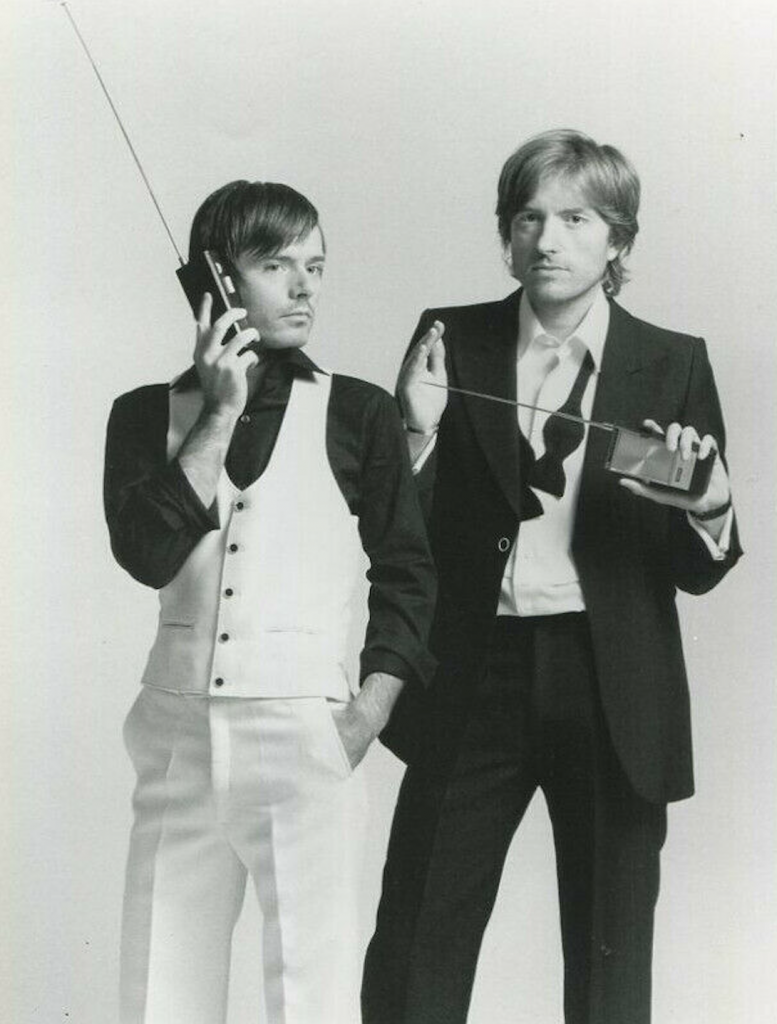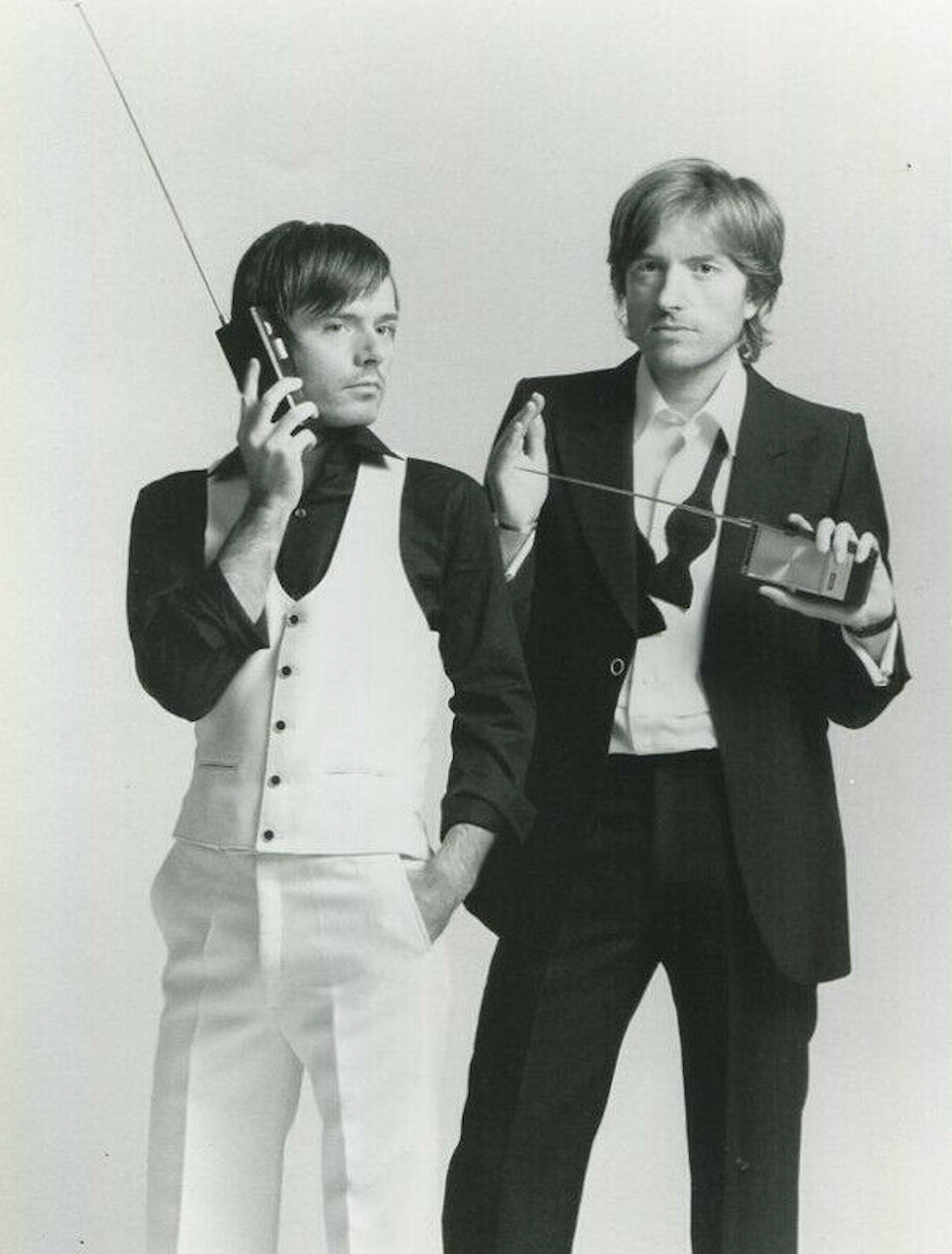
Air’s music may glide by without friction, but the French duo seems intent on agitating what should be a serene ride. Multi-instrumentalists Jean-Benoît Dunckel and Nicolas Godin charted an admirable but commercially questionable course following semi-smash 1998 debut Moon Safari, downplaying the buoyant disco of “Sexy Boy” with a series of releases that seemed to flummox more fans than they ultimately pleased. 2000’s score to Sofia Coppola’s The Virgin Suicides found the studio-dependent band using instruments more than laptops, and though engaging, its lack of bubbled pop left listeners unsatisfied.
Eager to prove they weren’t one-note bliss-seekers with nothing to say, Dunckel and Godin issued 2001’s dark, bizarre-pop 10,000 Hz Legend, a dense and completely unexpected turn that, at times, collapsed under the weight of its own ambition. Celeb guests (Beck, Jason Falkner, Buffalo Daughter) didn’t serve the songs nearly as well as Moon Safari’s relatively unknown vocalist Beth Hirsch might have. Even the album’s lone single, “Radio #1,” proved too ominous and strange to bop your head to. If anyone was dancing, they were doing the confused head-scratch.
“Yes, but that’s a good thing,” says Dunckel. “When we do some music, we always try to make some travels. I think that with 10,000 Hz Legend, you still have some very soulful music.”
“Even we were confused by it,” says Godin. “I still wonder when I listen to it—I love it, but it’s so complicated—because the music was a reflection of what we had in our minds. When I listen to it now, I think, ‘These guys were in trouble.’”
Add to that last year’s City Reading, a dry album that paired Air’s music with writer Alessandro Baricco’s spoken-word performances—in Italian—and it’s tough to blame electro-pop fans for taking a giant step back. Though Dunckel and Godin are loathe to admit it, Air’s new Talkie Walkie (Astralwerks) turns back the clock, reclaiming some much-missed slinkiness without abandoning the duo’s darker side.
“We were fed up with doing something obscure and strange,” says Dunckel. “We wanted to do something more sweet, like a caress, and we wanted to respect the rules of the pop song. We said to ourselves that we had to do something more organic and tender, more cheerful, more moving for people. The side projects were occasions to put our darkness into the music, and all the easy, catchy things we kept for the album.”
This sunny disposition lights up Talkie Walkie, at times even crossing the lovey-dovey line, but the syrupy “Venus” and “Surfin’ On A Rocket” clearly come from the heart. Dunckel and Godin credit producer Nigel Godrich (Radiohead, Beck) for helping them find their own voices. For the first time, no guest singers were present to share the spotlight.
“We were a little bit unsure about our French accents in the songs,” says Dunckel. “Nigel told us that that’s what English people like about us: ‘They like your French way of speaking. They like your French accent.’”
“Nigel gave us the strength to forget about having people do guest vocals,” says Godin. “He gave us strength to make some very dras-tic choices.”
Air also knows when to stay mute. Talkie Walkie’s well-placed instrumentals—the electro-chamber “Mike Mills,” the Badly Drawn Boy-esque “Alpha Beta Gaga” and “Alone In Kyoto” (a highlight of the Lost In Translation soundtrack)—carry at least as much weight as more single-ready tracks like the Moon Safari-ish “Cherry Blossom Girl.” They help strike a balance that plays right through to the album’s name: It’s not a clever inversion, it’s just what the French call a walkie-talkie. In addition to the obvious reason (“It just sounds cool,” says Godin), the title reflects the duo’s working relationship.
“Talkie Walkie is about the communication between Nicolas and me, a private communication,” says Dunckel. “We did this album for ourselves. In the process of album-making, we just think about our own pleasure. I think we do the songs to cure ourselves—we need to do them because it’s a question of death or life. If we don’t do it, we’re going to go mad.”
—Josh Modell







